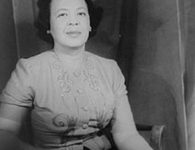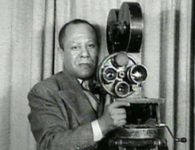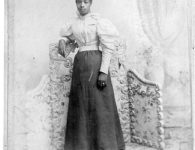#Jenny Slew was born to a free white woman and an enslaved #black man. Jenny contended her parents were married and had established a family home. She had been raised free and lived as a free woman. But, in 1762 she was kidnapped and enslaved by John Whipple.
Many colonies would not have allowed a slave to turn to the law for assistance, but in Massachusetts and enslaved person was allowed to bring a civil suit. In 1765, Jenny Slew was able to get an attorney to represent her, and went to court and sued her master for her freedom, charging that Whipple had held her in bondage illegally. Jenny simply stated that because her mother was free, she was free.
John Whipple challenged Slew’s legal right to sue him. He pointed out to the courts that Slew was a married woman, and had no identity separate from her husband, and she could not sue on her own behalf. A slave could appeal to the law but a married woman was not allowed. The only thing that helped Slew’s case with this matter was that she had been married to slaves (and married several times at that), so the validity of her marriage was in question.
In 1766, Jenny took her case to the Essex Superior Court of Judicature in Salem, Massachusetts, and they agreed to hear her case. At a jury trial, Jenny won a judgment against John Whipple for capturing her “with force and arms,” and keeping her as his slave from January 29, 1762 to March 5, 1765, and doing “other injuries against the peace” and to her. Slew was also awarded four pounds in damages. The law was simple; a child took on the mother’s status, Jenny’s mother was white. So by law, Jenny was not a slave. Slew’s case was one of the first and successful cases won in the courts.
source:
http://onehistory.org/jenny.htm





















No comments